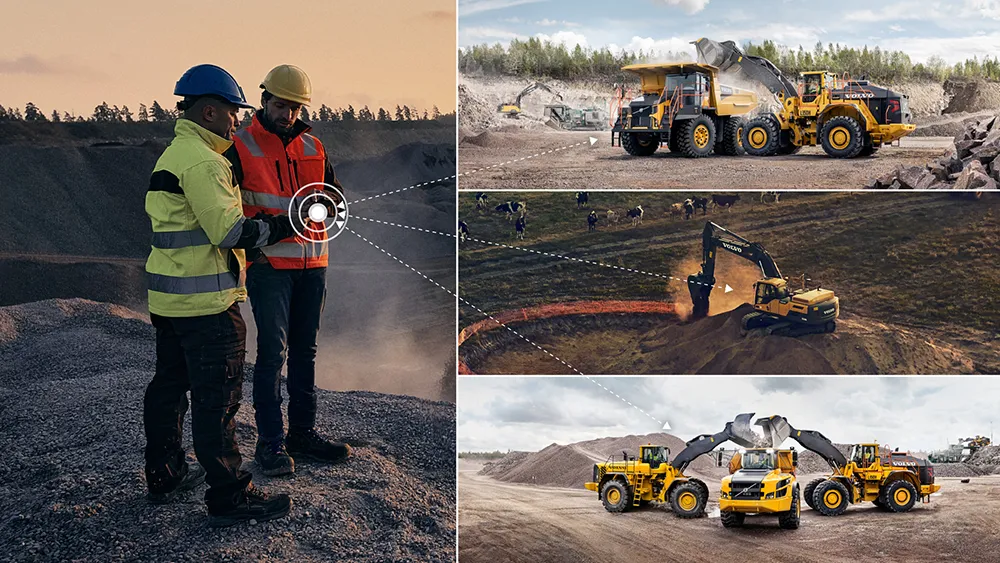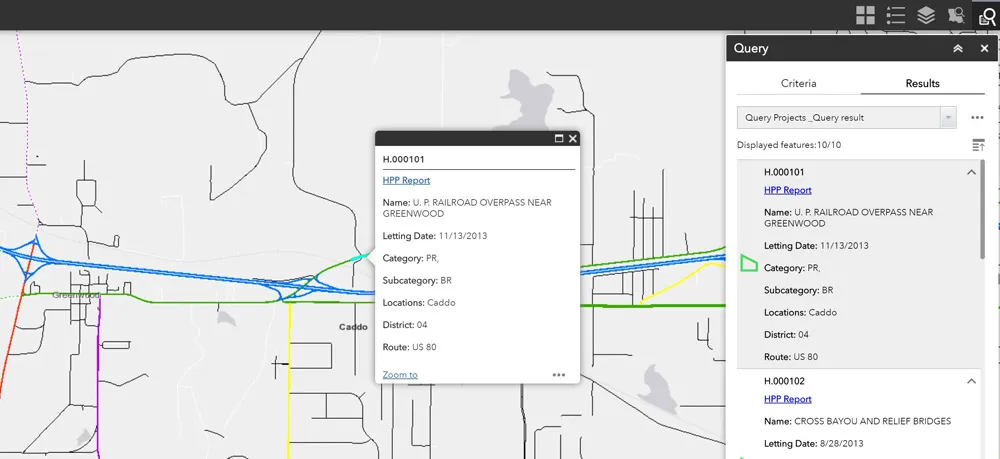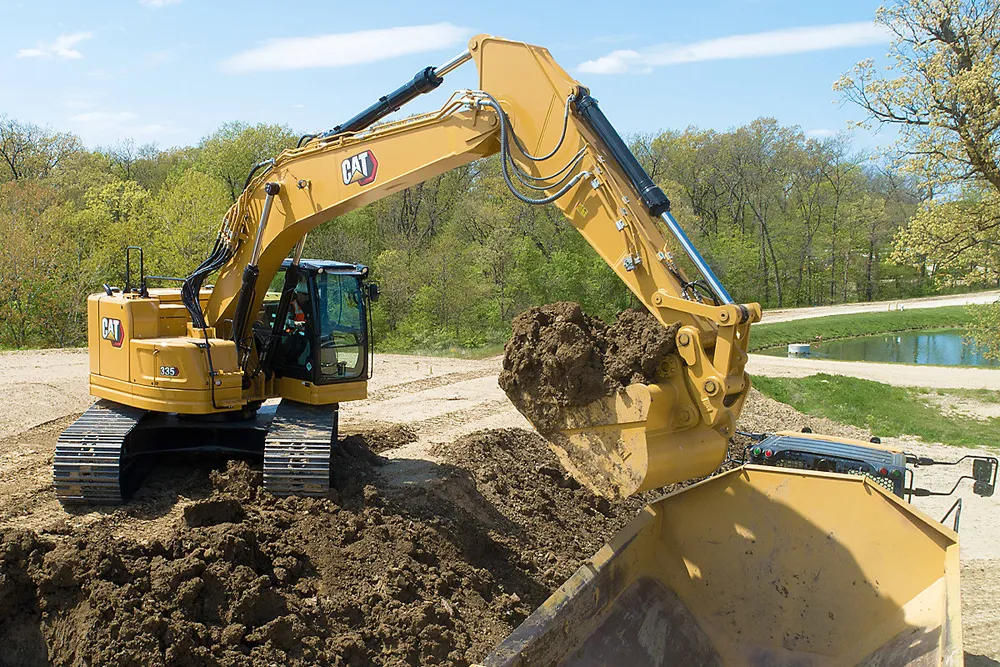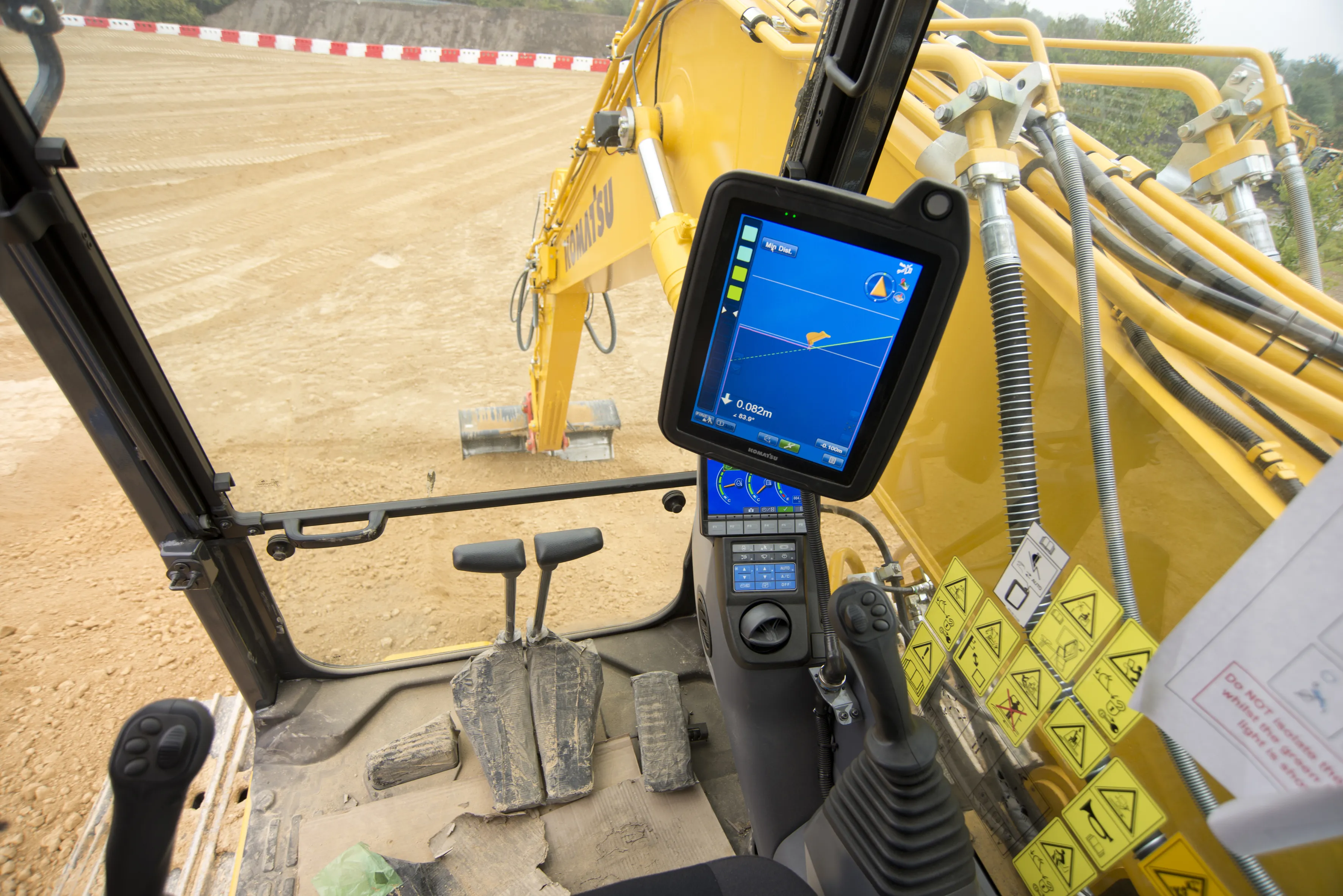
An easy-to-use web application, Task Manager is a worksite management tool that connects people, machines and projects, providing real-time visibility of the many tasks taking place on a busy site and helping ensure activities are delivered on target, on time and to budget.
Robert Nilsson, Service Offer Owner at Volvo CE, says: “We understand the challenges facing our customers in creating an accurate project timeline. Task Manager was developed with this in mind and with the objective to take the strain out of worksite management. By making it easy to see the status in real-time of the many activities on-site either from your mobile or desktop, Task Manager helps everyone stay on track – whatever the brand.”
Time for a change
With Task Manager, information on project status is instantly available wherever you are, whether on-site, in the office or at home, helping users stay apprised of developments and ensuring sites are as productive and efficient as possible. Once installed, new projects and work orders can easily be set up as required. Task Manager makes it possible to set targets and monitor progress, track material moved on site and manage data from a mixed fleet. And with all relevant information in one place, time spent on administrative tasks such as collating and consolidating data is reduced, leaving users more time to focus on the business in hand.
Task Manager is suitable for everyone from production managers and site supervisors to sub-contractors, all of whom have a vital role to play to keep infrastructure projects on target. Data can be filtered by different time frames, projects, activities, materials or work orders, providing updates in real-time and facilitating status update reports to management.
Task Manager also works hand-in-hand with the On-Board Weighing (OBW) functionality of Load Assist and Dig Assist with load receipts set up to automatically flow from the Volvo Co-Pilot into Task Manager. For customers without Load Assist or Dig Assist OBW, the operator can easily create manual load receipts.
Task Manager is available as a monthly subscription through local Volvo dealers.
Content produced in association with Volvo CE









